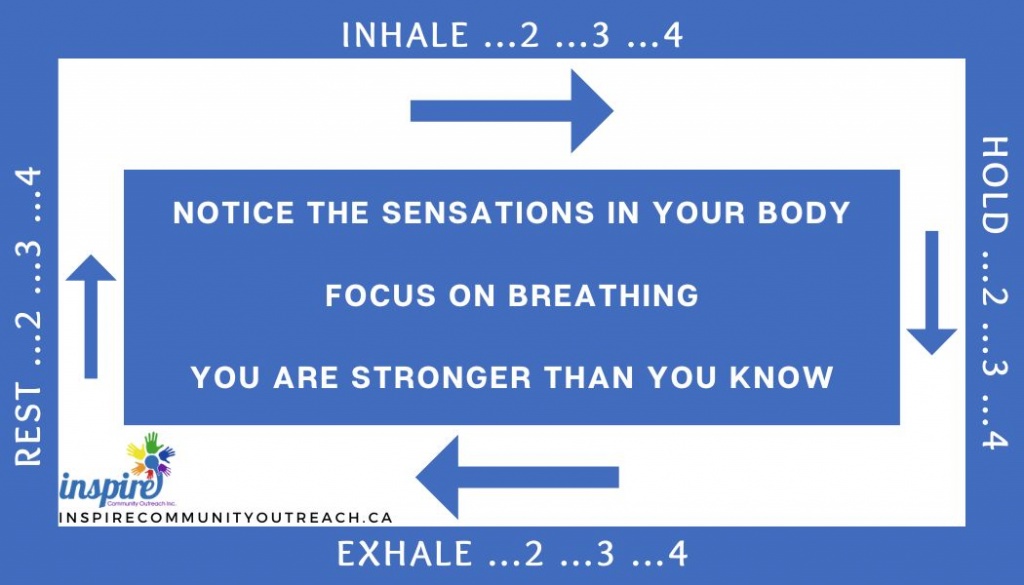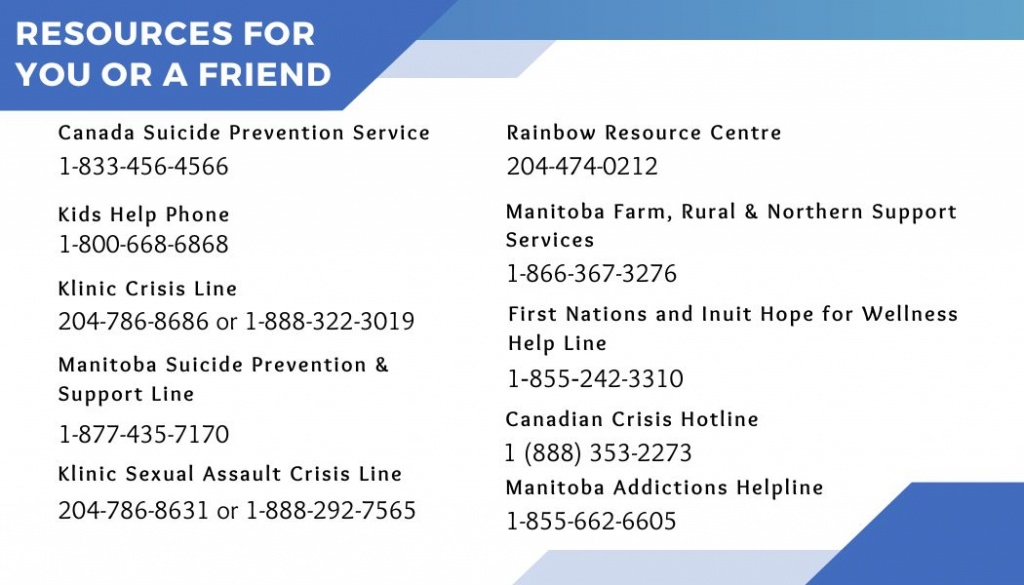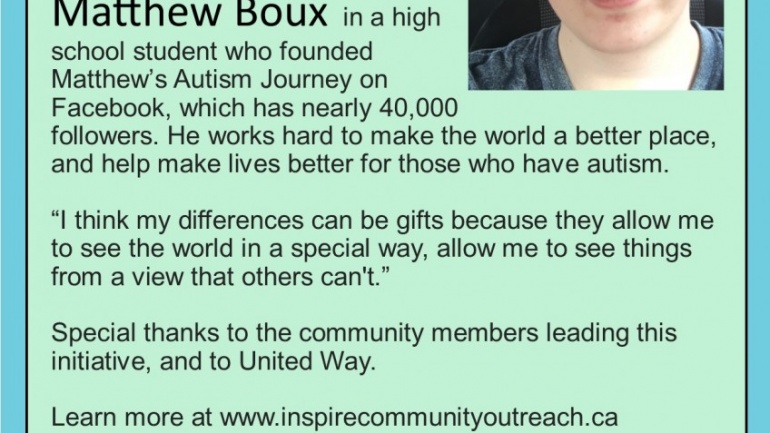Mental health is an undeniably important matter, and to youth, it’s becoming more and more discussed. As a teenager myself, I had encountered many challenges growing up. Many of which were problems relating to mental health as a result of my family and school life.
My family broke apart before I even knew how to speak. I was only two years old when my parents separated. In the best interests of me and my brother, we were sent to live with our father. Growing up with a single father, I struggled to fit in with the rest of my classmates. The reason that I felt excluded from the rest was because everyone I knew in school had a mother-figure they could rely on. I felt lost at times, and always found myself comparing my life to other girls that had mothers. I struggled to find that sense of belonging in school and live a life that others considered “normal”. Girls at my school always talked about the fun adventures they had with their mothers, including the times they got their mothers to do their hair and makeup, went to the mall for shopping sprees, and gossiped about boys. During moments like these, I felt the need to make up happy stories of my own on how I spend my time with my mother. I never felt right making up those stories, but at the same time I wanted to fit in with the rest of the girls. This mindset that I grew up with in school on “Fitting In” was extremely damaging to my mental health. Wanting to seek approval from the other girls has affected my self-esteem and overall well-being. As a result of constantly wanting to fit in, I felt that I was never enough for anything.
These types of problems have negatively affected my overall capability of looking after myself. Because I was young and vulnerable, it was extremely difficult to deal with all that was going on in society, including the social changes and stigmas. Unfortunately, I kept all those struggles to myself, as I felt that the mental health services in my school did not offer enough support for the students. Despite having these services at my school, I felt that there was a barrier between the students and the mental health services. This was the result of what educators fail to recognize:
- The gaps in service provision and promotion – schools and daycares do not talk enough about mental health and the services they provide. This prevents that connection between the services and the students.
- Mental health stigma – when society places shame on those living with a mental health issue and needing to seek help on emotional distress, such as anxiety, post-traumatic stress disorder, and depression.
As a teenager, the part that I found the most challenging was opening up about my issues. It was challenging because of the lack of service promotion my school had. This should be acknowledged in mental health services so that seeking help is normalized. There needs to be more leadership, coordination, evidence-informed strategies, and participation in these services.

Not only have I found the gaps in service, but the mental health stigma has caused more challenges for me. The stigma around mental health in our society has prevented me from being able to seek help without feeling ashamed. As a teenager, I didn’t want to be judged for seeking treatment, as I wanted to be a part of what others considered the “norm” in society. This is the same idea as to how I felt around the girls at my school. With my mental health struggles, I didn’t want to be defined as weak and incompetent, or even worse, seen as being incapable of looking after myself. Internalizing this stigma has really affected me, and made me feel ashamed and embarrassed for what I was going through. Children and teenagers need to feel welcomed and encouraged more to open up about their struggles and issues.
We all deserve the help that we need
We at Inspire Community Outreach want you to get the care you need, and to know what resources to share when friends or those around you are struggling. Please see this printable business card with local resources to Winnipeg HERE.







Take look at these resources and share to help reduce stigma and support our community.
Resources for You or a Friend:
Canada Suicide Prevention Service
1-833-456-4566
Kids Help Phone
Call 1-800-668-6868
Klinic Crisis Line
204-786-8686 or 1-888-322-3019
Manitoba Suicide Prevention & Support Line
1-877-435-7170
Klinic Sexual Assault Crisis Line
204-786-8631 or 1-888-292-7565
Manitoba Farm, Rural & Northern Support Services
1-866-367-3276 (hours Mon-Fri 10 am to 9 pm)
First Nations and Inuit Hope for Wellness Help Line
1‑855‑242-3310
Canadian Crisis Hotline
1 (888) 353-2273
Rainbow Resource Centre
204-474-0212
Websites:
Canadian Women’s Mental Health – Online Mental Health Help
Online Counseling Canada – Text, Chat, Video or Call
Mental health support: get help – Canada.ca
Mental Health Services – Mental Health Treatment
Mental Health resources – Shared Health
Community Mental Health Services


